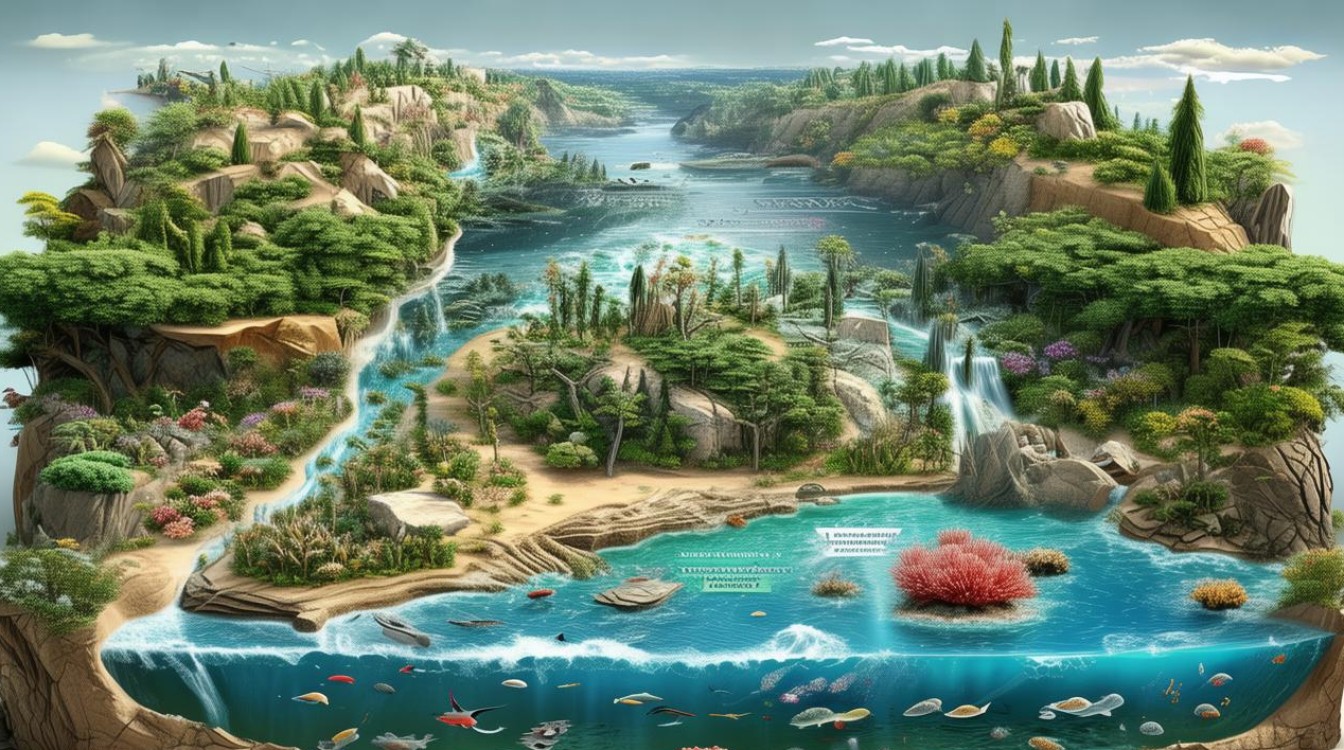The Earth provides an abundance of natural resources essential for human survival and development. From the air we breathe to the minerals beneath our feet, these resources shape economies, cultures, and ecosystems. Understanding their importance, challenges, and sustainable management is critical for future generations.
Types of Natural Resources
Natural resources fall into two main categories: renewable and non-renewable.
-
Renewable Resources
These replenish naturally over time. Examples include sunlight, wind, water, and forests. Solar energy powers homes, wind turbines generate electricity, and freshwater sustains life. However, overexploitation—such as deforestation or water pollution—can disrupt renewal cycles, making responsible usage vital. -
Non-Renewable Resources
Finite in supply, these include fossil fuels (coal, oil, natural gas) and minerals (gold, iron, uranium). Once depleted, they cannot be replaced within human timescales. The extraction and burning of fossil fuels also contribute to climate change, highlighting the need for alternatives.
The Role of Natural Resources in Society
Natural resources drive global economies. Agriculture relies on fertile soil and water, while industries depend on metals and energy sources. For instance, lithium powers electric vehicles, and rare earth elements are crucial for electronics. Countries rich in resources, like Saudi Arabia (oil) or Brazil (timber), often wield significant economic influence.
Yet, unequal distribution creates geopolitical tensions. Nations with scarce resources face higher costs, while others exploit their abundance, sometimes at environmental or social costs. Balancing equity and sustainability remains a pressing challenge.

Environmental Impacts and Challenges
Exploiting natural resources often harms ecosystems. Deforestation reduces biodiversity, mining contaminates water, and fossil fuel emissions accelerate global warming. The 2023 IPCC report warns that unchecked resource extraction could push Earth’s systems past tipping points.
Climate change intensifies these issues. Melting glaciers threaten freshwater supplies, while soil degradation jeopardizes food security. The Amazon rainforest, a carbon sink, faces destruction for agriculture, risking irreversible damage.
Sustainable Management Solutions
-
Conservation Efforts
Protecting ecosystems through national parks or marine reserves helps preserve biodiversity. Costa Rica, for example, reversed deforestation by incentivizing reforestation. -
Renewable Energy Transition
Shifting to solar, wind, and hydropower reduces reliance on fossil fuels. Germany’s Energiewende policy aims for 80% renewable energy by 2030. -
Circular Economy Practices
Recycling and reusing materials minimize waste. Japan’s strict recycling laws recover 98% of metals from discarded electronics.
-
International Cooperation
Agreements like the Paris Climate Accord promote shared responsibility. The UN’s Sustainable Development Goals (SDGs) also guide equitable resource use.
Individual and Collective Responsibility
While governments and corporations must lead, individuals can contribute. Reducing water waste, supporting eco-friendly products, and advocating for policies matter. Education fosters awareness—schools in Scandinavia teach sustainability as a core subject.
Technology offers hope. Innovations like lab-grown meat or carbon capture could reduce environmental strain. However, solutions must address equity; green energy should be accessible to developing nations, not just wealthy ones.
Looking Ahead
The future of natural resources hinges on balance. Meeting human needs without compromising ecosystems requires innovation, policy, and global solidarity. Indigenous knowledge, which has sustained environments for centuries, can guide modern practices.
As populations grow and climates shift, resource management will define our legacy. The choice is clear: exploit until depletion or steward with foresight. The path we take will determine whether Earth remains a thriving home or a depleted shell.

Every action counts. From policymakers to consumers, the responsibility is universal. The time to act is now—not for ourselves alone, but for generations yet to come.


